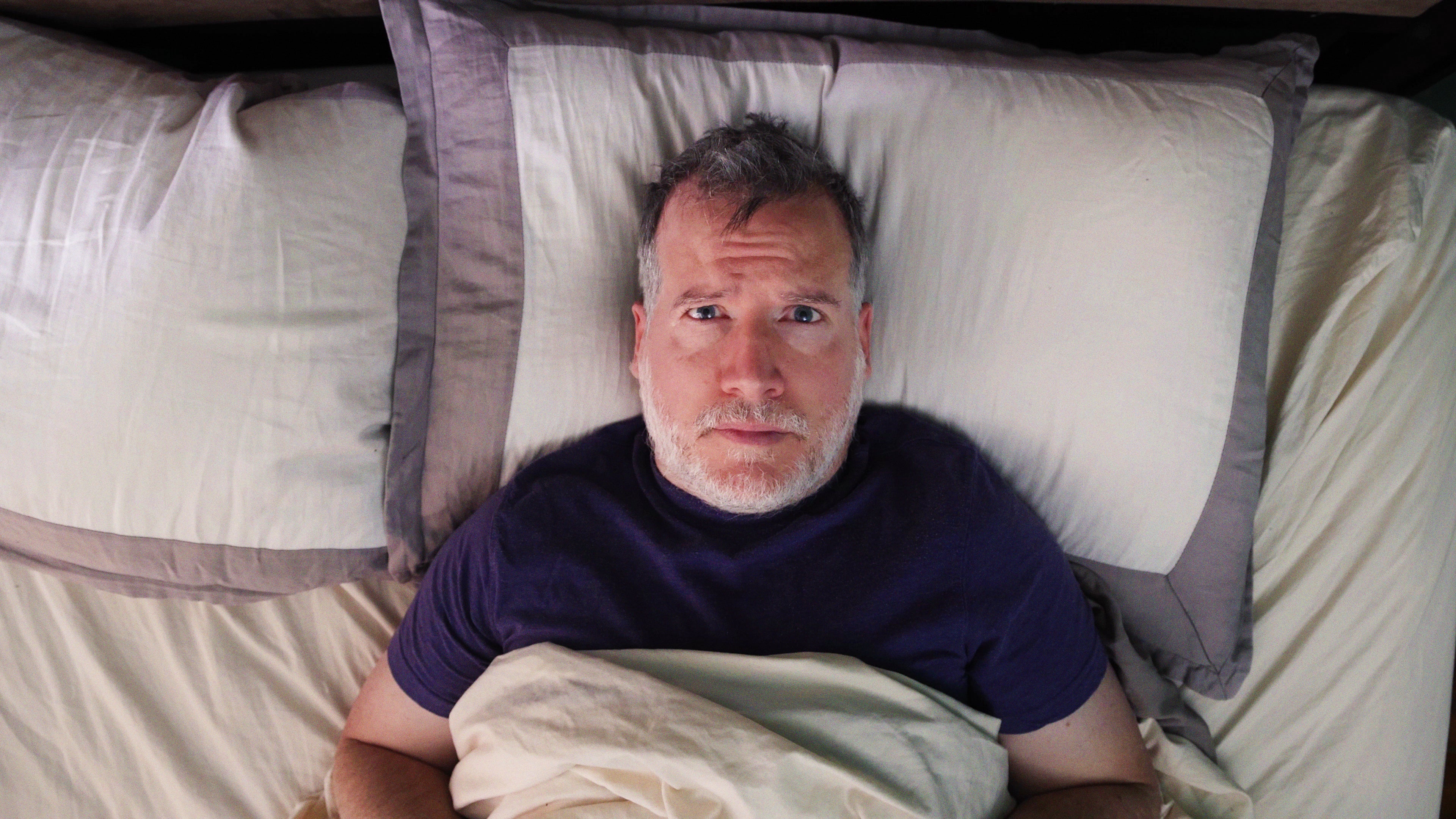Financial concerns are keeping many Americans up at night.
Some 78 percent of adults in a recent survey reported recently losing sleep over money matters. That number is down from 81 percent reported in a similar survey also conducted by the American Academy of Sleep Medicine last year.
In the new survey, close to two-thirds of participants also admitted that they had lost precious sleep time worrying about work, and more than half said that was due to anxiety about job security.
“In today’s high-stress world, it’s easy to become overwhelmed and many people carry their worries to bed with them,” Dr. Andrew Spector, a sleep medicine physician and a spokesman for the academy, explained in a statement.
“This is magnified by a lifestyle where even a quick walk to the bathroom might include a check of the latest headlines or social media posts, leaving little time in the day other than bedtime for the mind to process all of these fears,” he continued. “When your stress level is too high when you go to bed, your sleep suffers, and that affects your physical and mental health.”

But, money and jobs aren’t the only things Americans are worried about. Another 56 percent of those surveyed said they had lost sleep about political concerns, marking a 10 percent increase from 2024.
Sleep-robbing thoughts regarding crime or violence are also top of mind, and 61 percent reported losing sleep because of those issues. Lastly, just 39 percent reported having lost sleep over artificial intelligence and emerging technologies, down from 41 percent last year.
The survey’s results build on previous research released earlier this year. Some 45 percent of U.S. adults said they were stressed at least once a week because of the news and what’s happening on social media, according to a study from the Ohio State University’s Wexner Medical Center.
“Stress, in itself, is not bad. But it is problematic when it becomes your chronic state of being, and when no action is taken to address the stress,” Dr. Maryanna Klatt, the director of the university’s Center for Integrative Health, said in a statement.
It’s a vicious cycle as being stressed leads to less sleep – and sleeping less can make us more anxious, according to the American Psychological Association. A majority of U.S. adults say that they would feel better if they got more sleep, according to a Gallup poll from last year.
In order to get more sleep, Spector said to exercise regularly to improve mood, write things down to “offload” your thoughts, and unplug from the news and social media at least an hour before bedtime. If it’s becoming a major issue, consider talking to a therapist.
“When we sleep better, we feel better — physically, mentally, and emotionally,” Spector added. “Getting quality sleep is one of the most powerful tools we have to build resilience and face life’s daily challenges.”



